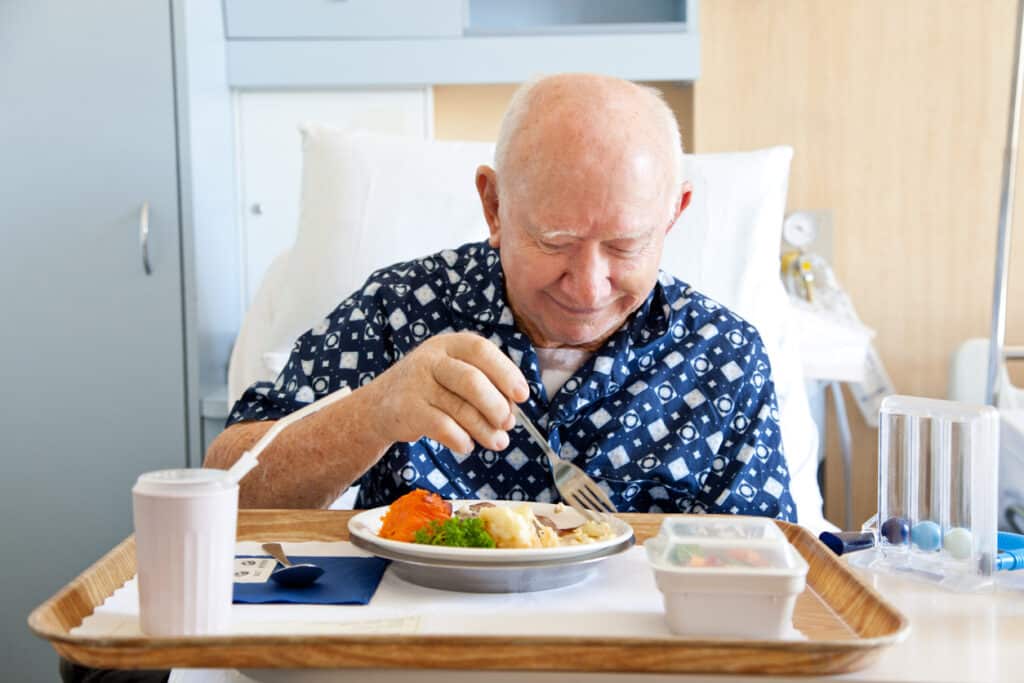
Surgery can present unique challenges for older adults. The risk of developing postoperative infections is greater for this age group. Seniors may need significant help and support during their recovery including transportation to follow-up appointments, meal preparation, bathing, light housekeeping, laundry, and medication management. There may also be mobility challenges. These added responsibilities can become overwhelming to family caregivers.
In addition to basic daily living needs, postoperative care for seniors may include the following challenges:
Pain Management
Problems with postsurgical pain management in the elderly has been associated with poor outcomes. Pain management can be complicated by the patient’s age, frailty, chronic medical conditions, and medication interactions. Pain levels can be difficult to assess in person’s with cognitive impairment. If the patient seems to be uncomfortable, it’s important to speak to their physician.
Confusion or Delirium
Postsurgical confusion or delirium is common in elderly patients. The person may show a lack of awareness of their surroundings, seem disoriented, have problems with memory, have difficulty focusing, show signs of agitation, restlessness, or be uncooperative. These symptoms may be short lived or last for weeks or months. It’s important for the patient to receive family support, get enough rest, manage medications, have access to their eyeglasses and hearing aids, and engage in activities that stimulate the brain.
Proper Nourishment and Hydration

A balanced diet is important for patients recovering from surgery. Getting the right nutrients can speed the healing process. Depending on the type of surgery, the patient may need to follow a specific diet. Some patients may do better eating several small meals throughout the day rather than three larger meals.
Hydration is essential following surgery. Water and ice chips should be readily available. Proper hydration can help with postoperative side effects and to prevent constipation.
Renaissance Villages Meets Postsurgical Needs
When a patient resides at home, the responsibility for providing or arranging for help falls to the family. Residents at senior living communities may have other options. Renaissance Villages care staff is trained to meet the needs of our residents 24/7. Chef prepared meals provide proper nutrition and hydration. Housekeeping and laundry services are provided weekly. Residents can arrange for transportation to and from doctor appointments for follow up care. Residents recovering from joint surgery can rehab in their community with our Post Surgical Therapy Programs. Individual assessment and treatment promotes mobility, strength, flexibility, and function so residents can live their best lives.
Contact Renaissance Villages today for a tour of our residential facilities.

